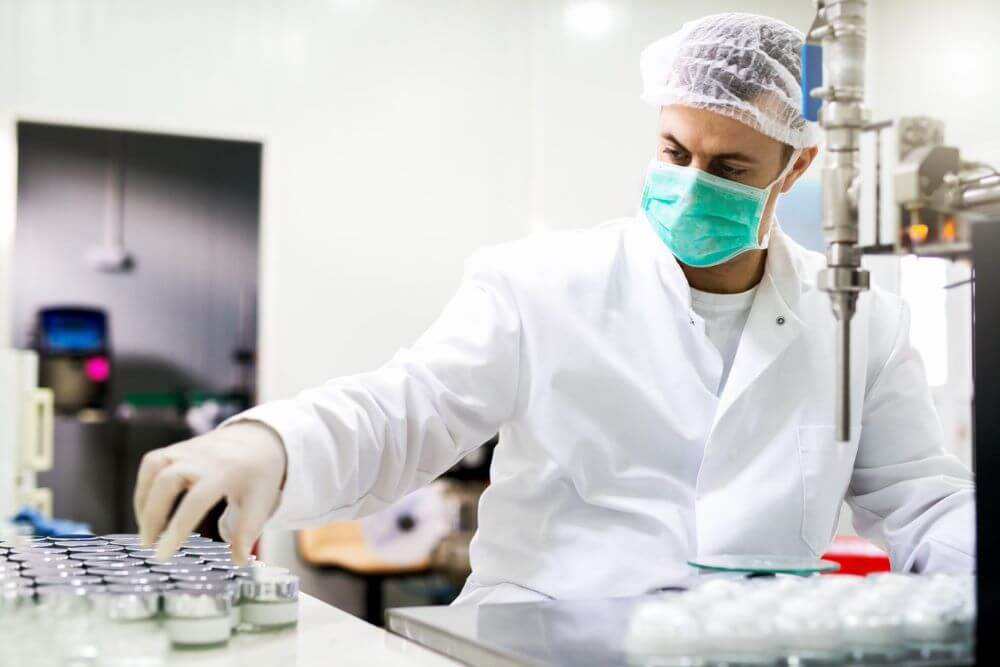The pharmaceutical industry stands as a cornerstone of modern healthcare, and its operations are heavily reliant on a stable and robust electrical infrastructure. The production of pharmaceuticals demands precision, consistency, and strict adherence to environmental controls, all of which necessitate a continuous and reliable power supply. Any disruption can lead to significant financial losses, compromised product quality, and potential risks to public health. One of the most critical electrical needs within pharmaceutical manufacturing is the maintenance of cleanroom environments. These highly controlled spaces require precise temperature, humidity, and air filtration, all driven by energy-intensive HVAC systems. These systems must operate without interruption to prevent contamination and ensure the integrity of the products being manufactured. Therefore, redundant power systems and uninterruptible power supplies (UPS) are essential. Furthermore, pharmaceutical production involves a multitude of electrically powered equipment, including sophisticated machinery for mixing, blending, tableting, and packaging. These processes often rely on automated systems and sensitive electronic controls, making them vulnerable to power fluctuations and outages. The need for precise measurements and consistent processing means that even minor electrical disturbances can have significant consequences. Beyond production, the pharmaceutical industry also requires substantial electrical power for research and development. Laboratories housing advanced analytical equipment, such as mass spectrometers and nuclear magnetic resonance (NMR) spectrometers, rely on stable and high-quality power. These instruments are highly sensitive to electrical noise and voltage variations, which can compromise the accuracy of experimental results. In an era of increasing environmental awareness, the pharmaceutical industry is also focusing on energy efficiency and sustainability. Companies are investing in energy-efficient lighting, HVAC systems, and manufacturing processes to reduce their carbon footprint and lower operating costs. Additionally, there is a growing interest in incorporating renewable energy sources, such as solar and wind power, into pharmaceutical manufacturing facilities. In summary, the electrical needs of the pharmaceutical industry are complex and critical. Ensuring a reliable and stable power supply is essential for maintaining product quality, safety, and operational efficiency. As the industry continues to evolve, the demand for energy-efficient and sustainable electrical solutions will only increase.
Electrical Needs of the Pharmaceutical Industry
The pharmaceutical industry's operations require a highly reliable and stable electrical infrastructure to maintain product quality, safety, and operational efficiency across manufacturing, research, and controlled environments.

